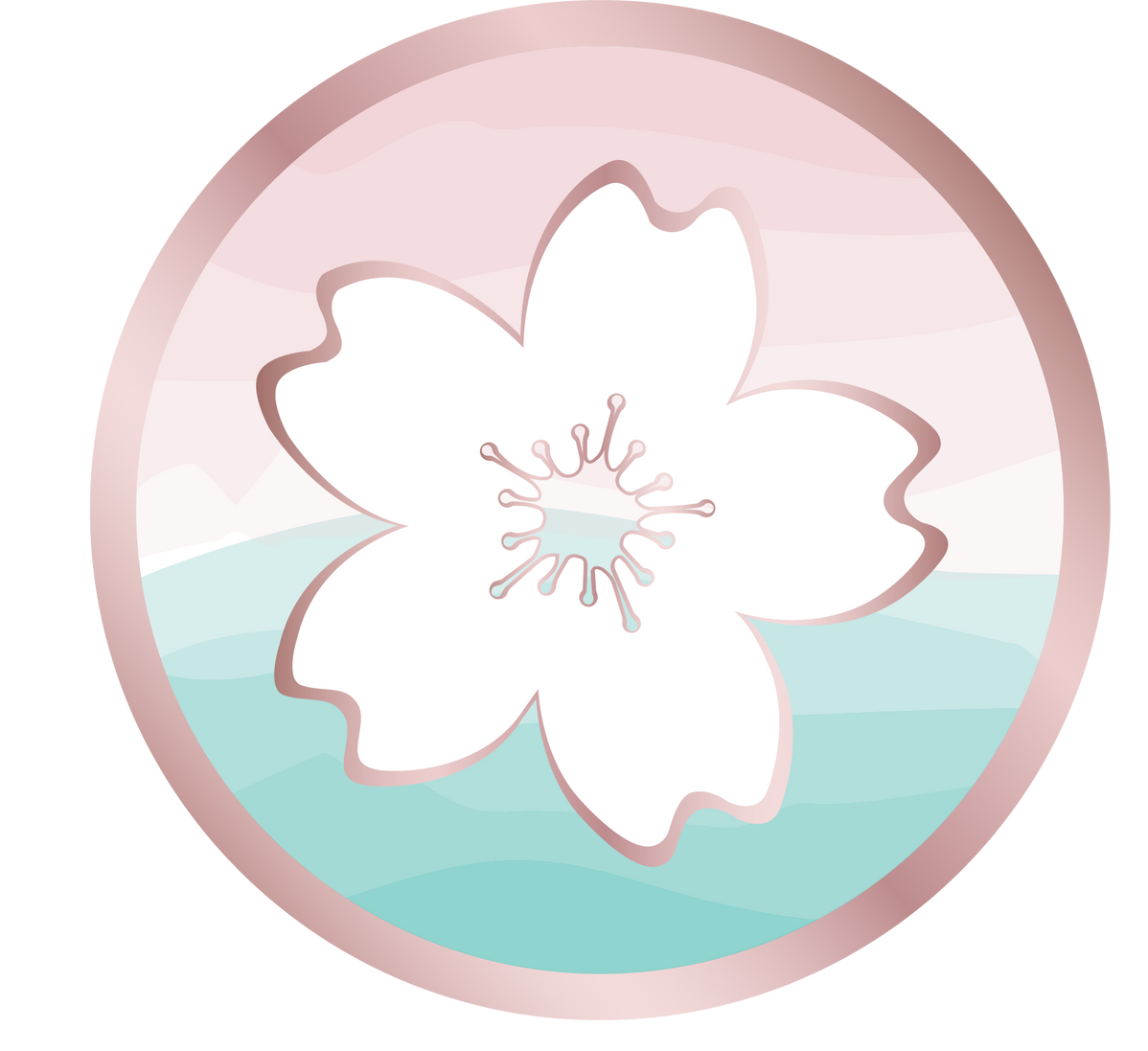Vitamin E: The Ultimate Antioxidant for Radiant Skin and Inner Health
This is a subtitle for your new post

You’ve probably seen Vitamin E in your favorite skincare products—but did you know this powerhouse antioxidant does so much more than hydrate your skin?
At Blossom Med, we’re shining the spotlight on Vitamin E as a key nutrient that supports total-body wellness. From cellular repair to immune protection, Vitamin E is an essential part of a healthy lifestyle. It’s vital for vision, immunity, and the health of the blood, brain, and skin.
Let’s break down what makes Vitamin E so essential—and how it can help you look and feel your best from the inside out.
What Is Vitamin E?
Vitamin E is a fat-soluble antioxidant that protects your cells from oxidative stress caused by free radicals—unstable molecules that can contribute to premature aging, inflammation, and chronic disease. Beyond skin health, Vitamin E supports immunity, circulation, and neurological function.
The best part? Vitamin E is plentiful in many everyday foods. A well-balanced eating plan full of vegetables, fruits, nuts, seeds, and fish provides all the Vitamin E your body needs (ODS, 2024). For example, almonds, sunflower seeds, spinach, and salmon are all naturally rich sources.
Benefits of Vitamin E
✨ Skin Repair & Glow – Promotes skin healing, hydration, and may reduce the appearance of scars and fine lines.
🛡️
Antioxidant Power – Neutralizes free radicals that accelerate aging and inflammation.
💪
Immune Support – Strengthens immune function and helps reduce susceptibility to illness.
❤️
Heart & Circulatory Health – Supports healthy blood vessels and may aid in improving circulation.
⚖️
Neurological & Hormonal Balance – Plays a role in nerve protection and may help regulate hormones, especially for women experiencing PMS or menopausal symptoms.
Too little Vitamin E can cause neurological problems such as nerve pain (neuropathy), muscle weakness, impaired coordination, and vision loss from retinopathy (Mayo Clinic, 2024).
Easing Hot Flashes & Perimenopausal Symptoms:
Vitamin E may even help reduce both how often and how severe hot flashes are, along with other symptoms of menopause.
- In one clinical trial, women who took 400 IU of Vitamin E daily for 4 weeks had fewer and less intense hot flashes compared to those who took a placebo.
- A review of several studies also found that Vitamin E can help with vasomotor symptoms (like hot flashes and night sweats), and it may be a good option for women who cannot use estrogen therapy.
- Another study compared curcumin (from turmeric) and Vitamin E (200 IU daily) over 8 weeks. Both groups improved, but curcumin worked faster, while Vitamin E still gave meaningful relief by the end of the study.
- Some research suggests Vitamin E might also improve blood vessel function by raising nitric oxide levels, though results are mixed and more studies are needed.
- Overall, recent reviews list Vitamin E as one of the supplements that may help ease perimenopausal symptoms, including hot flashes, night sweats, mood swings, and sleep problems.
How Much Vitamin E Do You Need?
The recommended daily allowance (RDA) for adults is 15 milligrams (22.4 IU) per day (Cleveland Clinic, 2024; ODS, 2024). Most people can achieve this through food alone.
If supplements are needed, stick to the recommended dose and avoid exceeding the upper intake level of 1,000 mg/day (1,500 IU) of natural Vitamin E from supplements. High-dose supplementation can increase the risk of bleeding, especially in those taking blood thinners, and may cause other adverse effects (NIH ODS, 2024).
Medication Interactions
Vitamin E supplements can interact with several medications. Talk with your healthcare provider before taking Vitamin E if you use:
- Anticoagulants or antiplatelet drugs (e.g., warfarin, aspirin, clopidogrel) – Increased risk of bleeding.
- Chemotherapy and radiation therapy – High-dose antioxidants may interfere with treatment effectiveness.
- Statins and niacin – Vitamin E may reduce the beneficial effects of these cholesterol-lowering therapies.
- Cyclosporine and tacrolimus – May alter absorption and drug levels.
People with certain health conditions—including bleeding disorders, diabetes, cardiovascular disease, liver disease, or certain cancers—should also use Vitamin E supplements with caution (Mayo Clinic, 2024).
Who Should Consider Vitamin E Therapy?
Vitamin E may be helpful if you are noticing signs such as dry or dull skin, slow wound healing, muscle weakness, fatigue, vision changes, or numbness and tingling from nerve issues. Women going through perimenopause or menopause may also find relief from symptoms like hot flashes and night sweats, as studies suggest Vitamin E can reduce both their frequency and severity (Pourhanifeh et al., 2023).
While most people can meet their Vitamin E needs through a diet rich in nuts, seeds, green leafy vegetables, and fish, supplementation may be considered for those with dietary gaps, absorption problems (such as cystic fibrosis or Crohn’s disease), or specific health needs (NIH ODS, 2024).
However, supplementation is not for everyone. Because Vitamin E can interact with medications such as blood thinners, statins, chemotherapy agents, and immunosuppressants, it’s important to discuss supplementation with a healthcare professional first (Mayo Clinic, 2024).
At Blossom Med, we personalize treatment plans to fit your unique health goals and lifestyle.
🌸 Visit
www.blossommedla.com to schedule your consultation or wellness appointment at Blossom Med. It’s time to nourish your body from the inside out.









